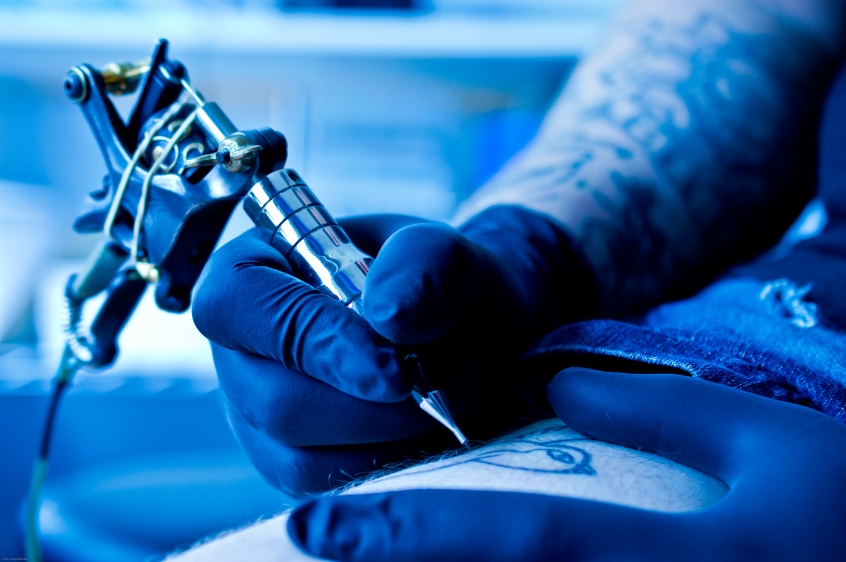- Москва, ул.Лётчика Грицевца 14а,
м. «Пыхтино» - Ежедневно, с 1200 до 2000
- +7 (915) 000-77-99 - (Телефон салона) +7 (915) 000−77−99 - (WhatsApp)+7 (915) 000−77−99 - (Viber)
- domtattoo@yandex.ru
DEVELOPING SOCIAL SKILLS
Все о татуировках
- Стили татуировки
- Белая татуировка
- Биомеханика (Biomechanics) и Органика
- Блэкворк ( Blackwork)
- Дотворк (Dotwork)
- Готика «Gothic»
- Кельтские
- Клокворк
- Нью Скул ( New School)
- Олд Скул ( Old School)
- Ориентал (Oriental)
- Полинезия
- Реализм
- Стимпанк
- Сюрреализм (Сверхреализм)
- Трайбл (Tribal)
- Треш полька
- Черно-серая "Black&grey"
- Чикано (Chicano)
- Этнический стиль тату (Ethnic)
- Японские тату
- Тотемные тату Тлинкитов
- Татуировки- надписи
- Временная татуировка.
- Хоррор
- Парные тату
- Крестиком
- Кружева
- Ультрафиолетовая татуировка
- Татуировки на частях тела
- Надписи для тату с переводом
- Надписи с переводом с немецкого на русский язык
- Надписи, афоризмы, цитаты на португальском и бразильском языке с переводом на русский
- Надписи на испанском с переводом
- Перевод фраз и гимнов (стихов) с хинди на русский
- Фразы, надписи и афоризмы на арабском языке с переводом
- Надписи для мужчин
- Надписи для мужчин с переводом
- Благородный муж
- Друзья и дружба - мысли великих.
- Труды, достижения и ошибки - надписи для тату
- Враги и недруги, война и кровь в надписях для мужчин
- Надписи о Смелости и Силе для мужских тату с переводом
- 120 надписей для Мужчин о Смелости, Силе и Движении Вперед
- Тату надписи для Мужчин-воинов и защитников Отечества на тему Смелости, Чести, Мужества, Долга и Действия
- Надписи для девушек
- Надписи на тему: Любви, Семьи и Верности с переводом на Английский
- Надписи с переводом о семье на разные азыки мира.
- Вопросы о татуировках
- Астрология и астральная геометрия
- Значение тату
- Уход за татуировкой
- Для СМИ и видео проектов
- Татуировка на шрамах
- Иглы и краски для татуировок
- Зодиакальные татуировки...
- Стили, виды татуировки. Сведение тату.
- English language
- Все о Сак Янт - Тайской Шаманской Татуировки
- Священные татуировки - ИЗ ПРОШЛОГО
- МАГИЧЕСКИЕ ЧЕРНИЛА: ЗАКЛИНАНИЯ И СИГИЛЫ
- ИГЛОЙ НА КОЖЕ
- ЛУК СИТ
- КХРУ САК
- ВИЧА
- ТЕКСТЫ И ЧИСЛА, ТЕЛЕСНЫЙ ЩИТ
- ЯНТРЫ ЧОК ЛАП ПРИНОСЯТ УДАЧУ И ПРОЦВЕТАНИЕ.
- ТРАНС
- ТРАДИЦИИ САК ЯНТ В ТАИЛАНДЕ
- ЗАКЛИНАНИЯ И ПИСЬМЕНА
- Обучение мастеров-татуировки в Тайланде (ТРАНСФОРМАЦИЯ И ДИСЦИПЛИНА)
- Сигилизм
Информация
- Портфолио
- Все о пирсинге
- Виды и стили
- Подготовка и процедура пирсинга
- Когда пирсинг уже сделан
- Бод Мод
- Украшение для пирсинга
- Инструмент для пирсинга
- Словарь терминов
- Cтоимость пирсинга
- Магическое, символическое значение пирсинга
- Вопросы и ответы про пирсинг
- Удаление татуировок
- Все о татуаже
- Новости
- Ответы на часто задаваемые вопросы о тату.
- Работы тату художника Yann Travaille
- Съемки MTV
- Проба пера
- Съемки Дискавери в судии ...
- Энциклопедия пирсинга
- 7 Московская Международная Тату Конвенция
- «Звёздный» гость салона «Дом Элит Тату» - известный продюсер Андрей Клюкин
- Ушел из жизни тату мастер Илья Смирнов
- Мы примим участие в Питерской тату конвенции 2015 года
- У нас делают татуировки модели Creepy Sweets
- Оригинальный майки и футболки с аэрографией за 4.000 рублей
- Мы получили независимую премию "Лучший Тату Салон 2015 года" по версии портала Татуировка.Рф
- Мы участники и победители тату конвенции в Москве
- Мы организаторы "Ночи Татуировщика 2015 в Москве"
- Rock heroes: Miss Тату Хабаровск
- Немецкий политик сядет в тюрьму за то что сделал нацистскую татуировку
- Международная Московская Тату Конвенция 2016
- Санкт-Петербургский Тату-Фестиваль
- 2 Международный фестиваль татуировки Сочи 2016
- Самый старый татуированный человек на нашей планете.
- 9-я Международная Московская Тату Конвенция 2017
- Тату мастер с 1.4 миллионом подписчиков маскирует растяжки
- Miss Tattoo Australia Дженн Десмонд - водитель грузовика
- Тату разрешены
- Зейн Малик сделал татуировку с глазами Джиджи Хадид на груди
- Тату как запрет на реанимацию
- В честь ЛДПР прошла тату-вечеринка
- Тату салон в Самаре
- Аренда места в тату салоне Москва. Как правильно и главное где арендава
- Обучение и все о нем
The social relationship that develops between the tattooist and his or her client is of primary importance. If the novice tattooist is to be moderately successful as a service deliverer anclbr a commercial artist. it is necessary to gain skill in defining client needs and devising tactics by which those needs can be both shaped and met. The street tattooist's basic goal in this regard is maximizing financial rewards while maintaining interactional control during the tattoo process. Learning to tattoo. therefore. involves learning how to structure the ritual performance that is central to building client trust.
Fostering client trust is of particular importance in tattooing. Customers
typically feel some degree of anxiety when entering the tattoo studio. The
major source of this apprehension is the anticipation of pain.  Unfam1l1arity with those commercial settings in which
tattoos are applied is another source of anxiety since most tattoo customers
have never been in a tattoo studio prior to entering one to be tattooed for the
first time.
Unfam1l1arity with those commercial settings in which
tattoos are applied is another source of anxiety since most tattoo customers
have never been in a tattoo studio prior to entering one to be tattooed for the
first time.
The interactional skills fostered by the tattooist are more than ways to
maximize income while minimizing conflict. The ability to «read» the client and
shape his or her needs have another practical function. Simply complying with
the customer's requests may result in a product that will have negative
consequences for the tattooist. the client ancLbr the reputation of tattooing.
Most tattooists routinely refuse to place tattoos on «public skin» (usually
defined as above the neck and below the wrist) or to inscribe overtly
The desire to become skilled at defining client needs and controlling the
commercial outcome also derives from an ethical concern for the impact of the
tattoo on the social and psychological
Through contact with customers the tattooist learns how to handle recurrent
interactional situations and to control the definition of the tattoo situation
 and
designed to break the tension («Did you ever beat off with a handful of barbed
wire?»). More commonly, tattooists attempt to project a serious and helpful
demeanor and answer standard questions simply and directly.
and
designed to break the tension («Did you ever beat off with a handful of barbed
wire?»). More commonly, tattooists attempt to project a serious and helpful
demeanor and answer standard questions simply and directly.
Tattooists, who see themselves as being motivated by more than commercial interest and feel some responsibility to both tattooing and the client. maintain that education is a central facet of their interaction with the customer. They reflect what Griff (1970: 156) describes as the «compromise role» in his discussion of commercial artists.
A tattooist who predominantly did custom work stressed the importance of
this educational,
While presentations such as this are indeed noble. the social skills
developed by the tattooist have. for the most part, an eminently practical
function. As emphasized in the following chapter, the tattooist's major goal is
to control the interaction within the shop in order to ease his or her worklife
and increase the profitability of the commercial operation. Studies of other
types of service interactions clearly indicate that client satisfaction is
based primarily on the experienced quality of the relationship with the service
deliverer. Since the vast majority of tattoo customers are drawn
.jpg)





